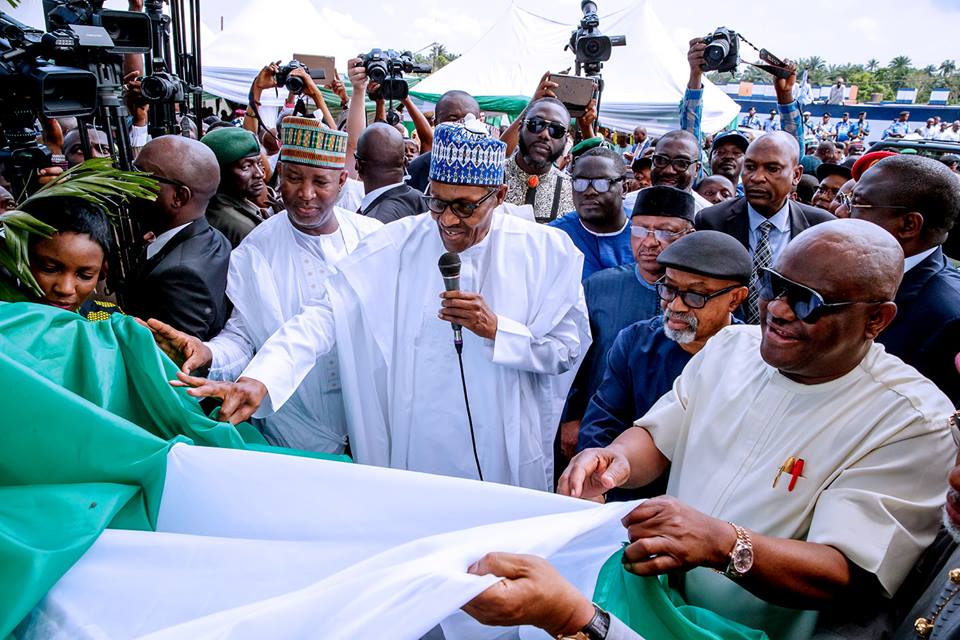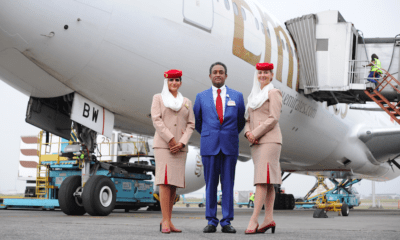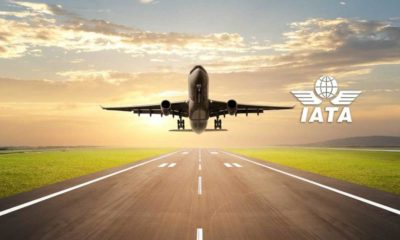Aviation Minister Says FG Working on Building 10 New Airports
The Minister of Aviation, Hadi Sirika, on Tuesday, said the Federal Government plans to build 10 airports across the country to improve civil aviation.
The minister made the statement while defending his ministry’s 2021 budget proposals.
Sirika said President Muhammadu Buhari has done justice to the aviation ministry through the ongoing framework and implementation.
He said the administration would construct new airports in Anambra, Benue, Ekiti, Nasarawa, Ebonyi and Gombe States.
He further stated that airports in Kebbi, Osubi and Dutse have been taken over for redevelopment by the Federal Government.
Sirika said, “Consequent upon that roadmap, we have seen aviation grow in 2018 to become the second-fastest-growing sector of the economy.
“Also and by 2019, it became the fastest-growing sector of the economy and increased its GDP contribution.
“From 2015 till now, we’ve seen a lot of growth in civil aviation, the number of airports is increasing.
“So far, about seven airports have been added to the map, some of them completed, some of them under construction.
“There are airports coming up in Benue, Ebonyi, Ekiti, Lafia, Damaturu, Anambra and so on.
“All these show that civil aviation is growing during this administration.
“So, we have about 10 new airports coming up, that is almost half the number of airports we used to have in Nigeria.
“We are adding 50 per cent of the number of airports,” the minister added.
Sirika noted that Nigeria Air, the proposed national carrier, was part of the new roadmap and could be delivered before 2023.
He said, “We are on it. The transaction adviser has brought in the outline business case.
“It is being reviewed by Infrastructure Concession Regulatory Commission, Soon after it finishes, it will go to the Federal Executive Council and it will be approved.
“We will not leave this government without having it in place.”
He defended why Lokoja, Kogi State needs another airport, saying it is an alternative to the Nnamdi Azikiwe International Airport in Abuja.
He said, “Lokoja is an important northern town. It is a cosmopolitan town, it’s a mini Nigeria and it is extremely very important in growth and development of our country.
“We have a lot of agricultural activities there. There is fishery, there is perishable item production and so on.
“So, establishing an airport there is quite apt. For me, it is something we should have done long ago for its importance.”

 Forex3 weeks ago
Forex3 weeks ago
 Naira3 weeks ago
Naira3 weeks ago
 Billionaire Watch2 weeks ago
Billionaire Watch2 weeks ago


 Naira3 weeks ago
Naira3 weeks ago




 Naira2 weeks ago
Naira2 weeks ago




 Naira1 week ago
Naira1 week ago




 Naira4 weeks ago
Naira4 weeks ago
 Banking Sector4 weeks ago
Banking Sector4 weeks ago





















